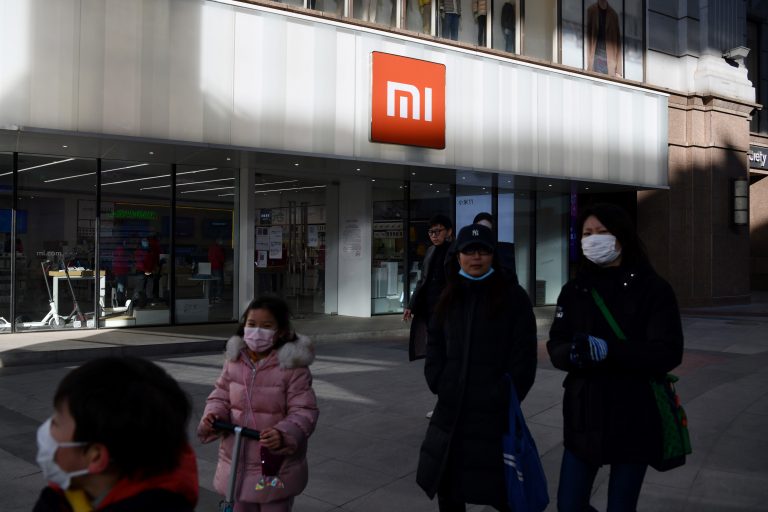A U.S. court has removed the Communist Chinese military company (CCMC) designation from China’s Xiaomi Corp., a designation former President Donald Trump labelled the company with just prior to exiting the White House in January.
“The U.S. District Court for the District of Columbia issued a final order vacating the U.S. Department of Defense’s designation of the company as a CCMC,” Xiaomi stated in a filing to the Hong Kong stock exchange on Wednesday, May 26.
Xiaomi chairman, Lei Jun, said in an official statement that, “The company reiterates that it is an open, transparent, publicly traded, independently operated and managed corporation.”
Xiaomi, along with eight other companies were added to a list of CCMC’s on January 14, 2021, during the final days of Trump’s presidency.
Firms designated as CCMCs by the Department of Defense (DoD) are blacklisted from receiving investments from U.S. citizens, companies or organizations. The list was established in 1999 to limit American investment in companies controlled by the Chinese Communist Party (CCP) and that have suspected ties to the Chinese military. Had the designation persisted, American investors would have been forced to divest from Xiaomi by November this year and Xiaomi’s business operations would have been severely impacted.
Success
You are now signed up for our newsletter
Success
Check your email to complete sign up
At the time, when the smartphone producer was placed on the list of CCMCs, a spokesperson for Xiaomi stated, “The Company confirms that it is not owned, controlled or affiliated with the Chinese military, and is not a ‘Communist Chinese Military Company.’” and that being placed on the list was “unlawful and unconstitutional”, reported Reuters.
Following the designation, Xiaomi pursued legal action and won a preliminary injunction blocking the designation and, at the time, agreed on a “path forward that would resolve this litigation without the need for [a] contested briefing,” with the DoD, reported The Verge.
Despite this development there is no indication that any of the other seven companies that the Trump administration added to the list of CCMC companies will be removed; however they may attempt similar legal action to have their names removed from the blacklist.
Xiaomi, the third-largest smartphone manufacturer in the world, saw its stock price surge by over 6 percent following the news of the decision.
Tensions still high
Tensions between the People’s Republic of China (PRC) and the U.S. rose to new heights under the Trump administration and this new development is not near enough to address the two countries’ grievances.
Trump prioritized countering the rise of Beijing during his presidency and made it a key component of his administration’s economic and foreign policy.
During Trump’s presidency he instigated a trade war with the PRC placing tariffs on hundreds of billions of dollars worth of exports from China and targeted companies, and individuals within the Chinese government, that his administration deemed a threat to the U.S.’s national security and/or economy.
The Trump administration also took aim at several apps produced on, or owned by, the mainland including Alipay, QQ Wallet and WeChat pay. In addition, Tencent QQ, CamScanner, SHAREit, VMate and WPS office were also added to the list.
An executive order implementing a ban on all transactions with the apps stated that “the United States must take aggressive action against those who develop or control Chinese connected software applications to protect our national security.”
The popular video sharing app, Tik Tok, was also banned from being used by government personnel.
While Xiaomi has managed to remove itself from the U.S. blacklist, sanctions targeting Chinese tech giant Huawei remain in effect and it does not appear as though the Biden administration is willing to take any action on that file, as of yet.














